On October 24, information from Can Tho Central General Hospital said that they mobilized 3 surgical teams to work overnight to save the life of a patient who was seriously injured after falling from a height and landing on a wooden stake on the riverbank.
Unexpected dangerous accident
Previously, patient VTP (48 years old, residing in Vinh Long province) was transferred to Can Tho Central General Hospital with a complex wound in the perineum, next to the anus, measuring 2x4 cm, swollen and jagged.
According to her family, earlier, while Ms. P. was climbing a star apple tree in the garden to pick fruit, a branch broke, causing her to fall from a height right onto a wooden stake that fixed the riverbank in a sitting position. Immediately afterwards, Ms. P. was taken to the hospital by her family for emergency treatment.
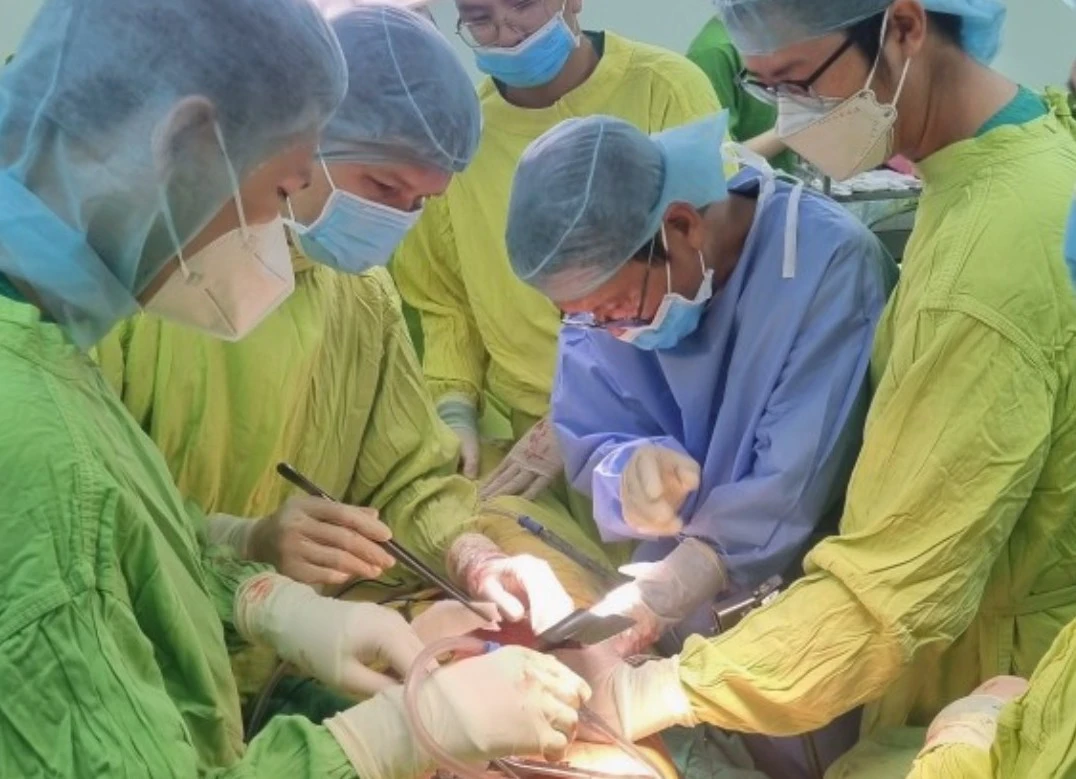
3 surgical teams were mobilized to operate overnight to save the patient's life.
Recognizing this as a complex injury, the doctors of the Emergency Department performed resuscitation, consulted with specialists, and prescribed emergency surgery for the patient with the diagnosis: Open wound of the abdomen, lower back, and pelvis; complex perineal wound in a patient with cirrhosis.
The General Surgery team took turns to explore the jagged wound next to the anus, recording rectal damage, torn anterior vaginal wall, and a foreign body in the jagged wound tissue in the form of rotten tree bark. The patient's abdomen had 600 ml of thin, unclotted blood, 200 g of blood clots, the wound penetrated between the bladder and uterus into the abdominal cavity, stabbed the anterior abdominal wall, causing a tear in the anterior abdominal wall muscles, damaged 3 mesenteric holes, and severed the small intestine. The doctors cut a 60 cm section of the small intestine that was lacking blood supply and sutured the small intestine.
After that, the Nephrology - Urology team conducted an exploration and found that the patient's bladder had 2 holes, the entrance hole was connected to the anterior vaginal wall, the exit hole was connected to the abdominal cavity, measuring 3x3 cm, separated from the vaginal wall. Next, the Obstetrics and Gynecology team performed a total hysterectomy because the uterus was torn in a complex way and could not be preserved, and closed the vaginal opening. After that, the bladder was sutured, 200 ml of water was injected to check for leakage. During the exploration, the team also noted a tear in the triangle area near the 2 ureters, so they placed a JJ ureteral catheter.
After the Nephrology - Urology and Obstetrics Department treated the injury, the General Surgery team continued the surgery to create an artificial anus, drainage and monitoring... The surgery was successful after about 5 stressful hours.
By the afternoon of October 24, the patient was awake, had good contact, the surgical wound was dry, the drainage tubes had been removed and the bladder catheter had been maintained, the patient's general condition was stable, the patient was able to eat and drink, recovered smoothly, and continued to be treated and monitored at the General Surgery Department.
Doctors note when sharp objects penetrate the body
According to Dr. Bui Phi Hung, Department of General Surgery (chief surgeon), Can Tho Central General Hospital, the perineum is the part located between the pubic bone and the coccyx, including the pelvic floor and surrounding structures, with the function of protecting and supporting organs in the pelvic area such as the uterus, vagina, rectum, bladder, anus, etc. Therefore, perineal injuries in both men and women can damage many organs and often affect daily activities, while the prolonged treatment time affects the quality of life.
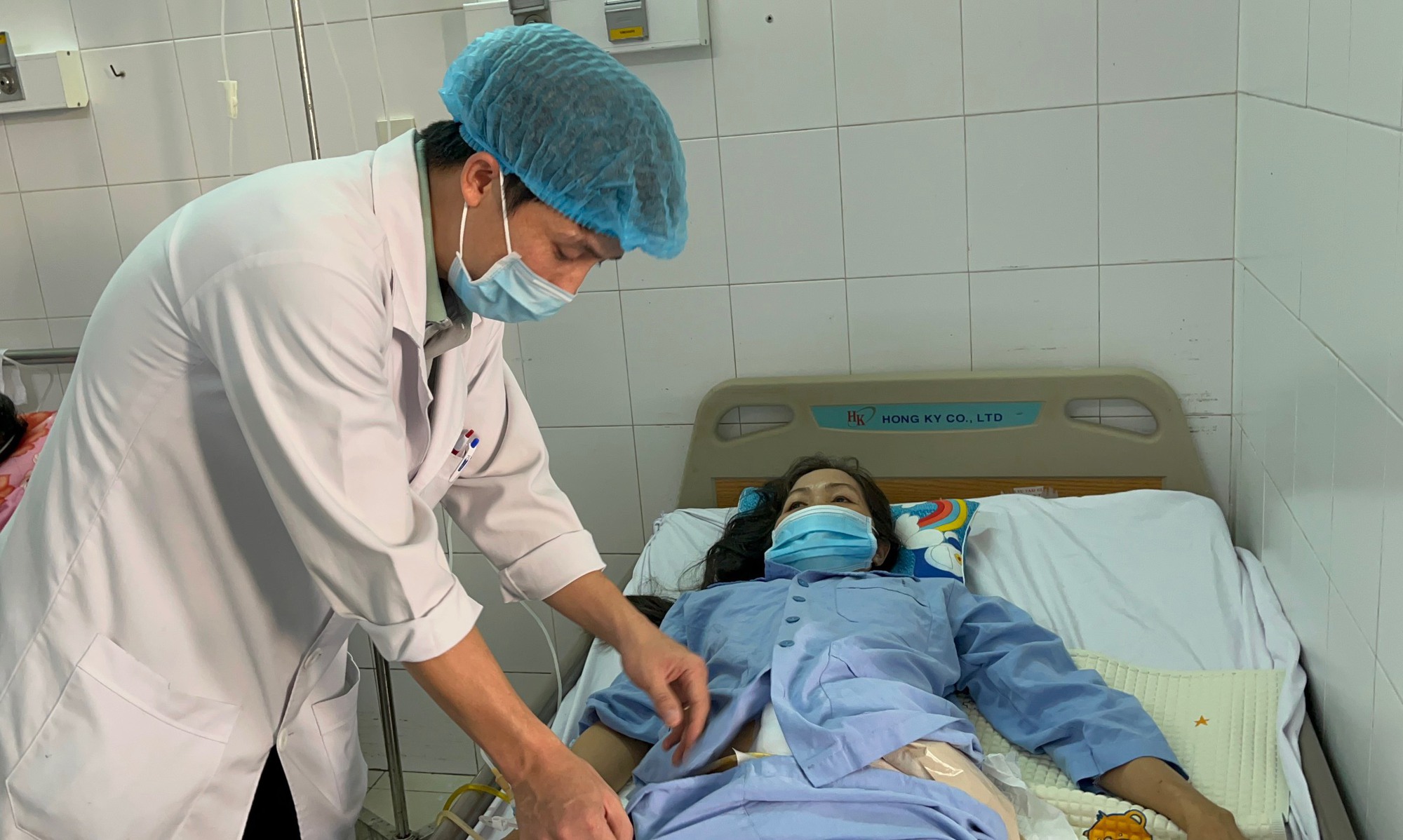
The patient's health is now stable after the complicated surgery.
To avoid injuries to the pelvic floor, people need to be careful in their daily activities and take protective measures at work to avoid slipping or sitting on sharp objects such as cut tree stumps, nail posts, iron posts, etc.
Doctors also recommend that in first aid and emergency care for cases of sharp objects being stabbed into the body: Do not remove foreign objects, even in the emergency room. Because in cases of vascular trauma, foreign objects act as a temporary hemostatic plug. If removed, it will cause more serious damage to blood vessels and nerves, making it difficult to save the patient's life, and even increase the risk of death due to massive bleeding. Foreign object removal can only be performed in the operating room by a surgeon. When suffering injuries from foreign objects, it is important to pay attention to first aid and emergency care to fix the foreign object, avoid excessive bleeding, and reduce pain for the patient. Then, the patient must be immediately taken to the nearest medical facility for emergency care and timely treatment.
Source link


![[Photo] Moment of love: Myanmar people are moved to thank Vietnamese soldiers](https://vstatic.vietnam.vn/vietnam/resource/IMAGE/2025/4/3/9b2e07196eb14aa5aacb1bc9e067ae6f)
![[Photo] Special relics at the Vietnam Military History Museum associated with the heroic April 30th](https://vstatic.vietnam.vn/vietnam/resource/IMAGE/2025/4/3/a49d65b17b804e398de42bc2caba8368)
![[Photo] General Secretary To Lam receives Japanese Ambassador to Vietnam Ito Naoki](https://vstatic.vietnam.vn/vietnam/resource/IMAGE/2025/4/3/3a5d233bc09d4928ac9bfed97674be98)




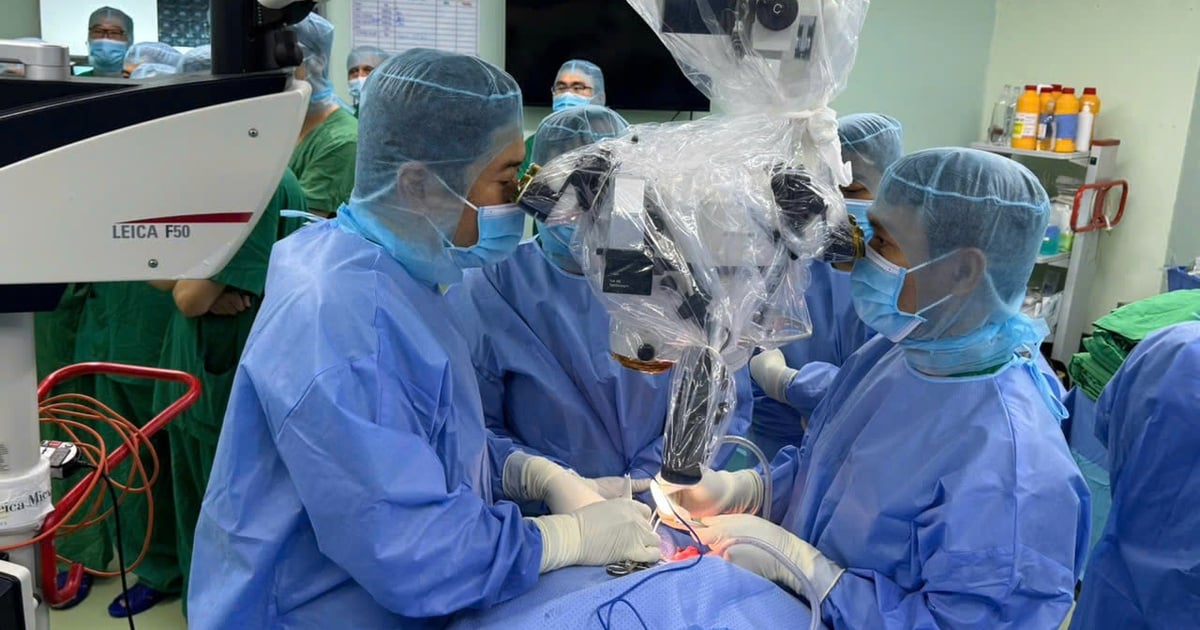
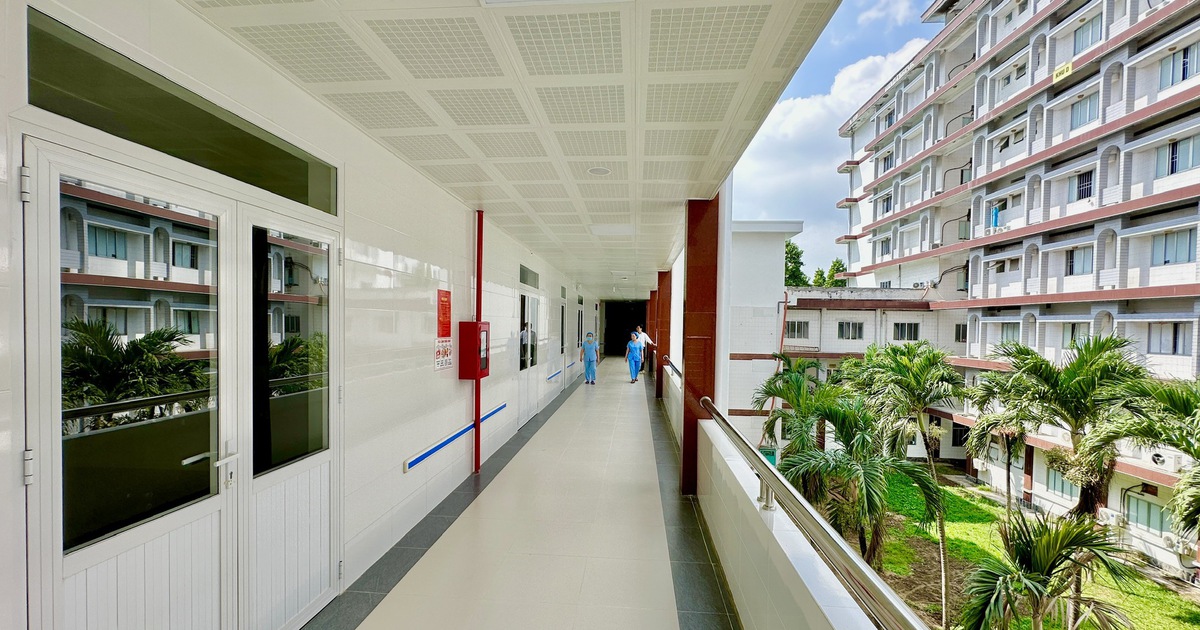
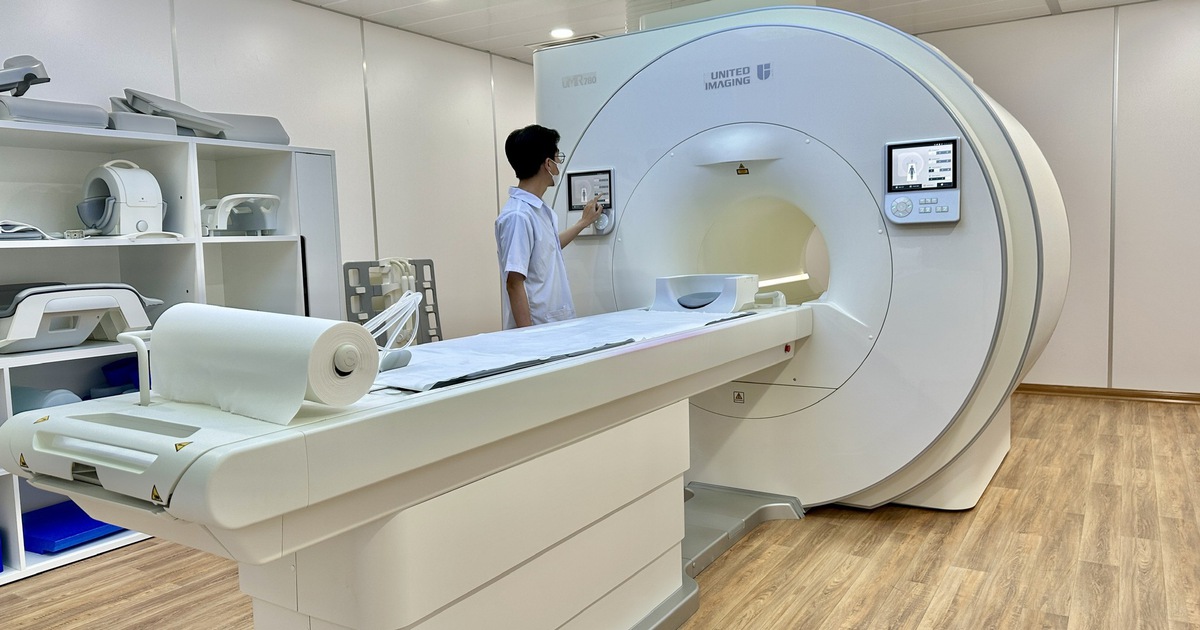
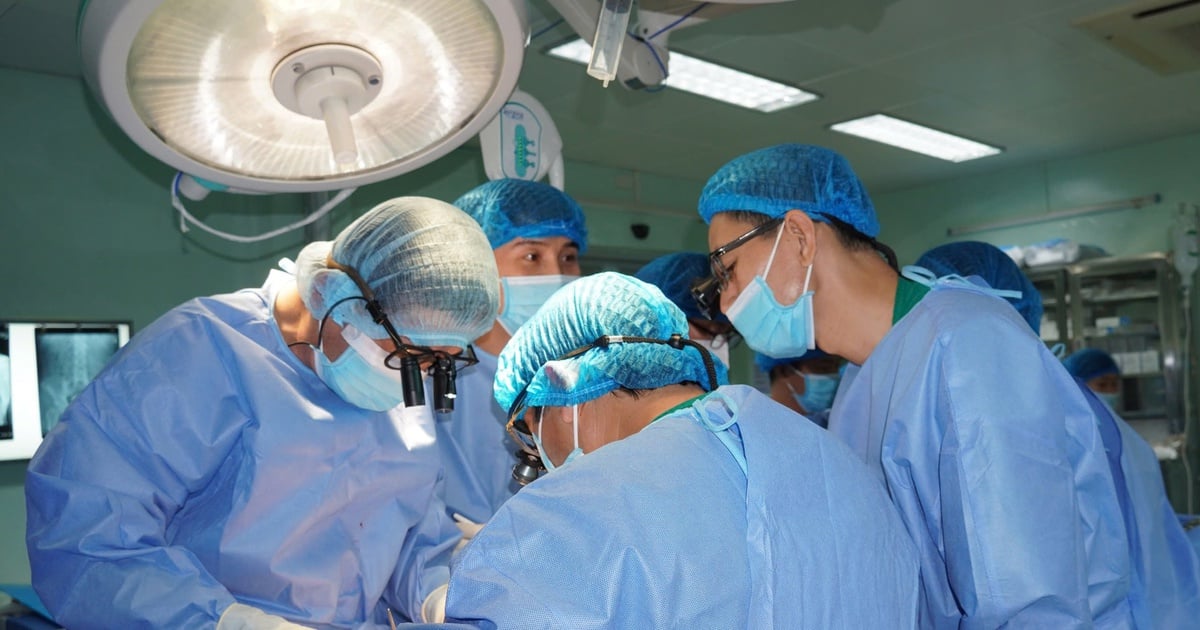
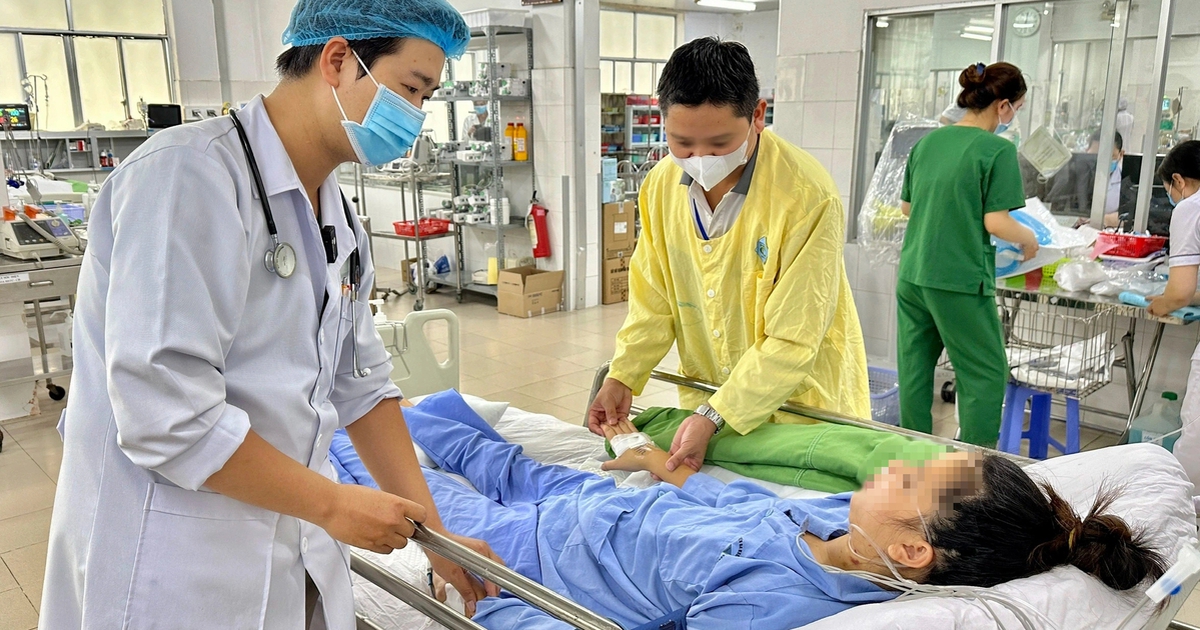

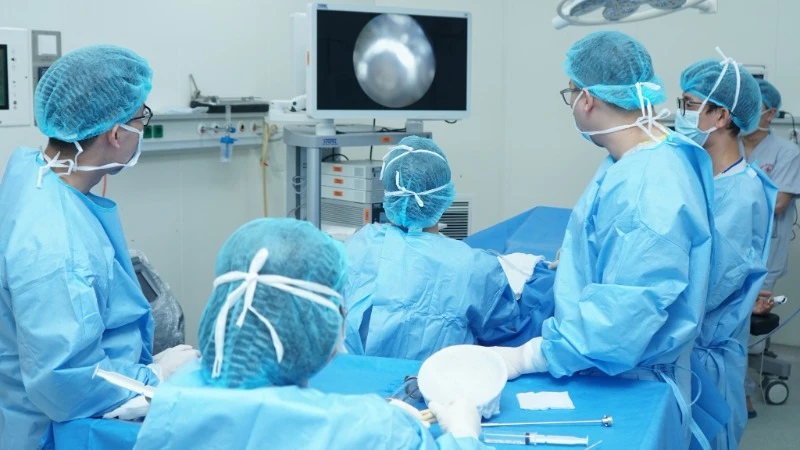

![[Video] Hanoi strengthens food safety control at schools, tightens handling of violations](https://vstatic.vietnam.vn/vietnam/resource/IMAGE/2025/4/3/c9a2202768fb4d6dbd70deaf3f28979f)
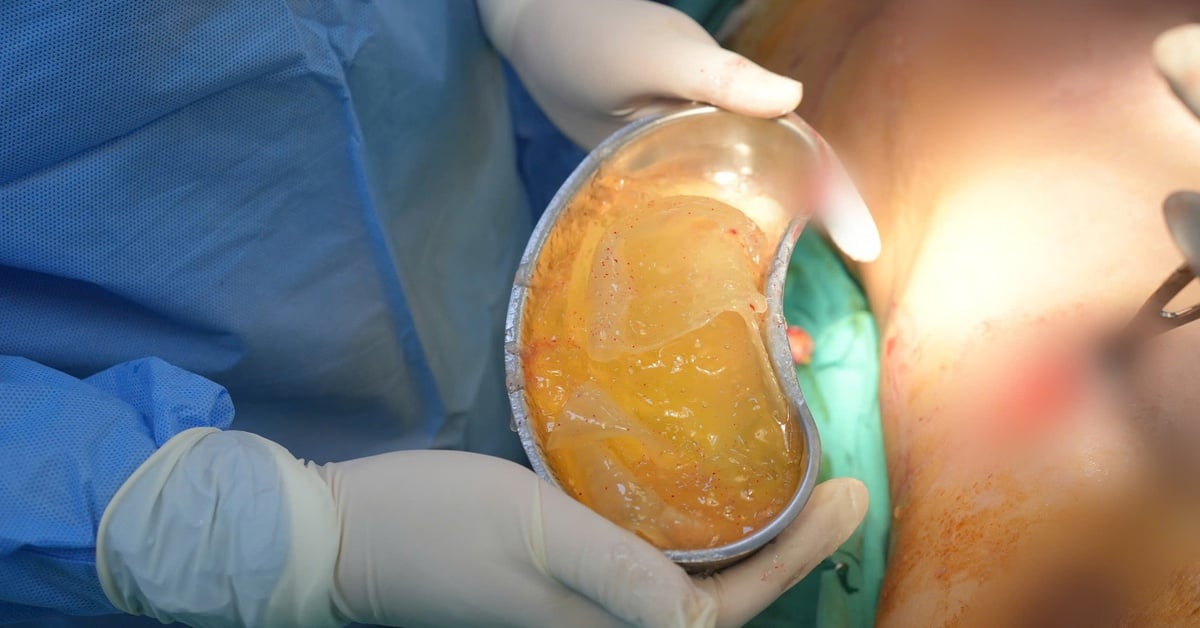





















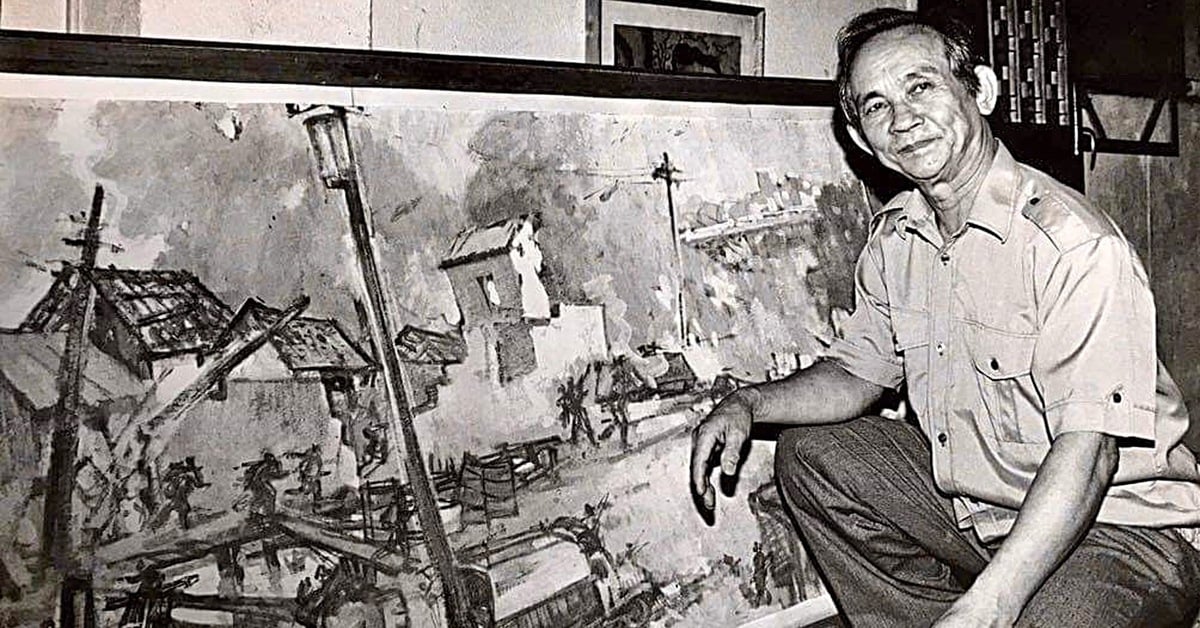


















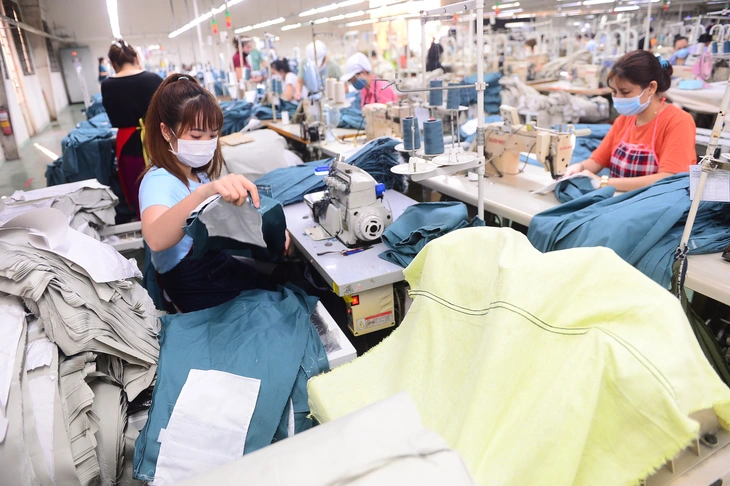






























Comment (0)